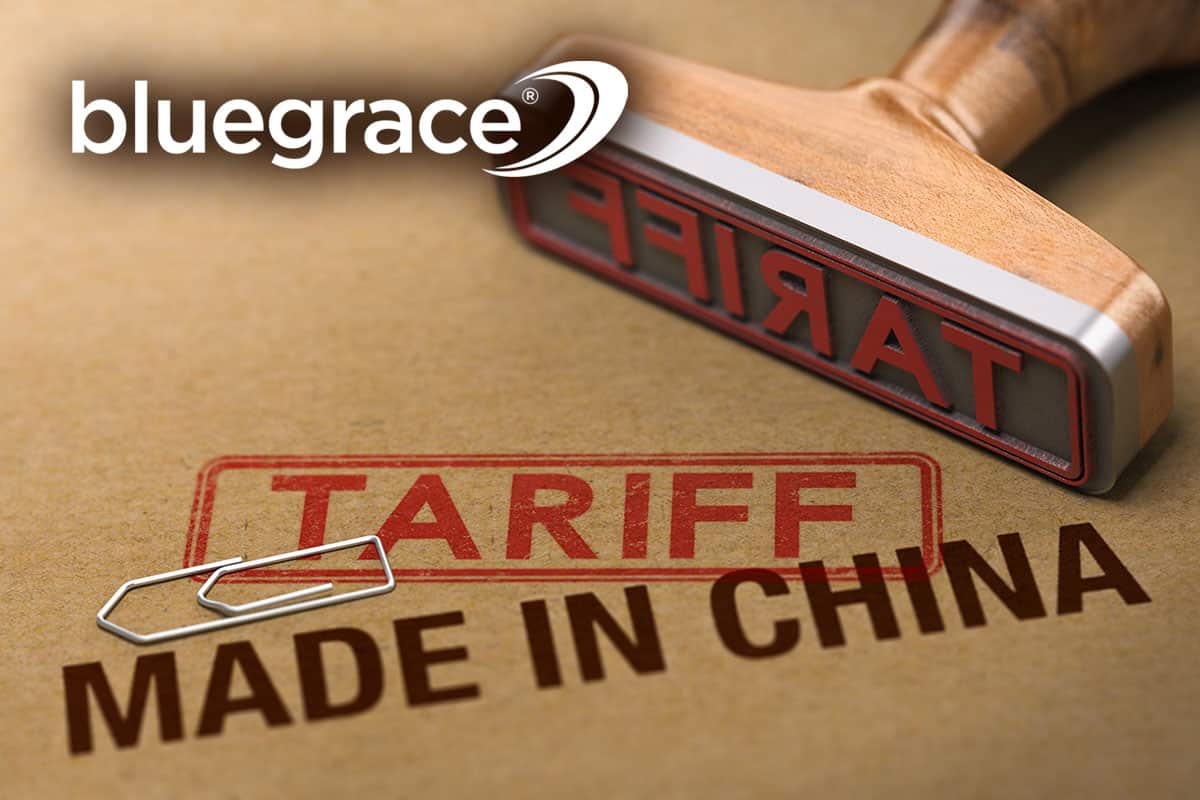

There is a sense of uncertainty that is settling over the trade industry in the United States. With the Trump administration slamming tariffs down on Chinese goods, the market is starting to get uneasy. A similar threat levied at goods made in Mexico, which added to the tension but that has been settled, at least for the time being. For starters, the U.S. hasn’t been in a major trade war since the 1930’s, so no one really knows what will happen next. Not for sure at any rate.
The trade embargo then parallels the trade tariffs now; could create a supply shock on reliable and cheap imports.
However, history and time prove to be great teachers and we could draw conclusions from similar events that have happened more recently. In 1973, there was a trade embargo on Arab Oil. The trade embargo then parallels the trade tariffs now; could create a supply shock on reliable and cheap imports.
A History Lesson
The 1970’s embargo holds a very valuable lesson and could provide a possible insight into the current market climate. In 1979, towards the end of the embargo, American businesses, such as gas stations, began to tank as there was no affordable in-flow of new products. The remaining product then skyrocketed, reducing the purchasing power and confidence of the American Consumer.
The trade embargo was issued as a matter of retaliation when the U.S. sent armed forces into Israel as a result of an attack from Egypt and Syria. Arab oil exporters cut production and suspended further exports to the United States. The U.S. long used to the plentiful supply at $4 a barrel, was caught completely off guard when that supply jumped to $11 dollars per barrel. The bill for U.S. oil imports jumped from $28 billion in current USD up to $132 billion in a span of two years. To put that into perspective, that’s a tax increase of roughly 1.5% of GDP. The end result was the worst recession, at the time, since the 1930’s.
Costly adjustments to supply chains and business models had to be implemented which drastically slowed down growth for years.
The recession wasn’t the only impact, however. The recession ended in 1975, but there were a number of repercussions that were felt for many years to come. Costly adjustments to supply chains and business models had to be implemented which drastically slowed down growth for years. A considerable amount of companies and workers found that their skills, products, and factories which had been built on the precept of the availability of cheap oil, discovered they were no longer useful. This caused a drastic slowdown in growth and productivity after 1973 which took years to recover from.
Current Events
Disrupting long-standing trade always comes with a price.
In much the same way that the United States was reliant on cheap oil imports from the Middle East in the 1970’s, they have also been reliant on cheap manufactured products from China. Now, the United States might be looking to untangle itself from Chinese production as trade and geopolitical tensions begin to rise. However, disrupting long-standing trade always comes with a price.
“Economists at Goldman Sachs estimate U.S. tariffs imposed or proposed on steel, aluminum, solar panels, washing machines and imports from China now equals an annualized $200 billion. Adding all threatened tariffs on Mexico brings that to $288 billion by the end of October. At 1.4% of GDP, that is roughly equivalent to the Arab embargo oil tax,” reads an article from the Wall Street Journal.
In terms of manufacturing and supply chains, that could get ugly quickly.
What that fails to include, however, is the retaliation from China, which has threatened to counter these tariffs with tariffs of their own. In terms of manufacturing and supply chains, that could get ugly quickly, especially as many manufacturers will have to determine whether or not they can take the hit to their profit margin due to increased materials costs or undertake the time consuming and costly endeavor of trying to find and vet a new supplier.
Historically speaking, tariffs were meant to boost domestic manufacturing and production by protecting companies from cheap foreign competition. However, as production is largely globalized, imports often consist of intermediate goods that are moving from one supply chain to another and the U.S. doesn’t have any ready-made substitutes.
Looking Forward
If ever there was a time to evaluate your supply chain and suppliers, it’s now. The uncertainty in the global economy is unnerving, to be sure, but optimizing your supply chain can help you to weather the storm without dumping the increased price point on your customers.
There is more to consider about these tariffs than simply a price point.
There is more to consider about these tariffs than simply a price point. What we learned from the oil embargo is that productivity and efficiency were drastically cut down, which took several years to recover from. Increasing efficiency now, giving your company the ability to make do with less, is instrumental in staying relevant in the global market.
BlueGrace helps our customers navigate through the constant changes the industry brings. No matter the situation, we are here to simplify your freight needs. If you have any questions about how a 3PL like BlueGrace can assist, contact us at 800.MYSHIPPING or fill out the form below to speak with a representative today!


